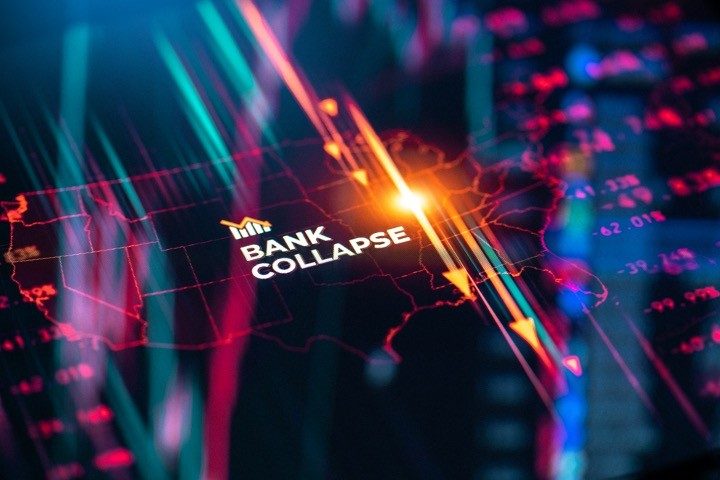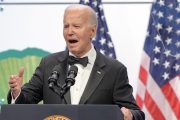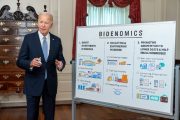
During the past two weeks, the U.S. banking system has been in crisis mode, with the failures of Silicon Valley Bank and Signature Bank, and the near-collapse of First Republic Bank. The stock market and the global banking system have reacted to concerns over these bank failures potentially spreading and affecting financial institutions worldwide. This has led to quick responses by the government and central bank to keep the global financial system working and protect the world’s major economies.
President Biden declared last week in a statement that “Americans can rest assured that our banking system is safe. Your deposits are safe.” He added, “No losses will be borne by the taxpayers. Instead, the money will come from the fees that banks pay into the Deposit Insurance Fund.” But, that isn’t necessarily true.
Over the weekend, the Swiss National Bank (SNB) acquired Credit Suisse in a buyout to secure financial stability and protect the Swiss economy and ease fears of the beginning of a global banking crisis. Credit Suisse had been in financial trouble for years, and SNB’s buyout saved the bank from failing and adding to global banking instability.
In support of SNB’s takeover, Treasury Secretary Janet L. Yellen and Federal Reserve Board Chair Jerome H. Powell said in a joint statement Sunday, “We welcome the announcements by the Swiss authorities today to support financial stability. The capital and liquidity positions of the U.S. banking system are strong, and the U.S. financial system is resilient. We have been in close contact with our international counterparts to support their implementation.”
After an emergency meeting over the recent bank failures and to ease strains in the global funding markets, the Federal Reserve announced on Sunday afternoon that “the Bank of Canada, the Bank of England, the Bank of Japan, the European Central Bank, the Federal Reserve, and the Swiss National Bank are today announcing a coordinated action to enhance the provision of liquidity via the standing U.S. dollar liquidity swap line arrangements.”
The central bank’s coordinated action is to improve “swap lines’ effectiveness in providing U.S. dollar funding,” by increasing “the frequency of 7-day maturity operations from weekly to daily,” from this week through the end of April.
The Epoch Times reported:
Following an emergency announcement on Sunday evening, the Federal Reserve loaned the Swiss National Bank (SNB) $101 million through its dollar swap facility. If the loan is not repaid by next week, U.S. taxpayers will foot the bill, an analyst told The Epoch Times.
“Swap lines” are arrangements between central banks to keep currency available for their member banks, helping to stabilize markets when markets become stressed. The arrangements reassure banks that there won’t be a run on a specific currency that they won’t be able to meet.
If SNB can’t pay off the loan by next week, then Biden’s promises of protecting taxpayers are nothing short of deceit. As The Epoch Times shared, according to Kevin Paffrath, an investor and founder of the real estate start-up HouseHack, “SNB’s dollar swap suggests U.S. funds are helping to facilitate the acquisition. By doing so, the Fed is putting American tax dollars at risk.”
To potentially add to the banking crisis, the Federal Reserve has decided that inflation is of more concern to the nation’s economy, with today’s announcement of a quarter-percentage-point interest rate increase. The Fed stated in a press release that “the U.S. banking system is sound and resilient. Recent developments are likely to result in tighter credit conditions for households and businesses and to weigh on economic activity, hiring, and inflation. The extent of these effects is uncertain. The Committee remains highly attentive to inflation risks.”
But how long can the Fed claim our banking system is sound and resilient? Yellen reportedly warned on Tuesday in prepared remarks at an American Bankers Association meeting that more government intervention and rescue efforts may be necessary to “protect the broader banking system,” as more banks may fail. Who pays for these interventions? Ultimately, taxpayers will, through bank fees and higher interest rates.




